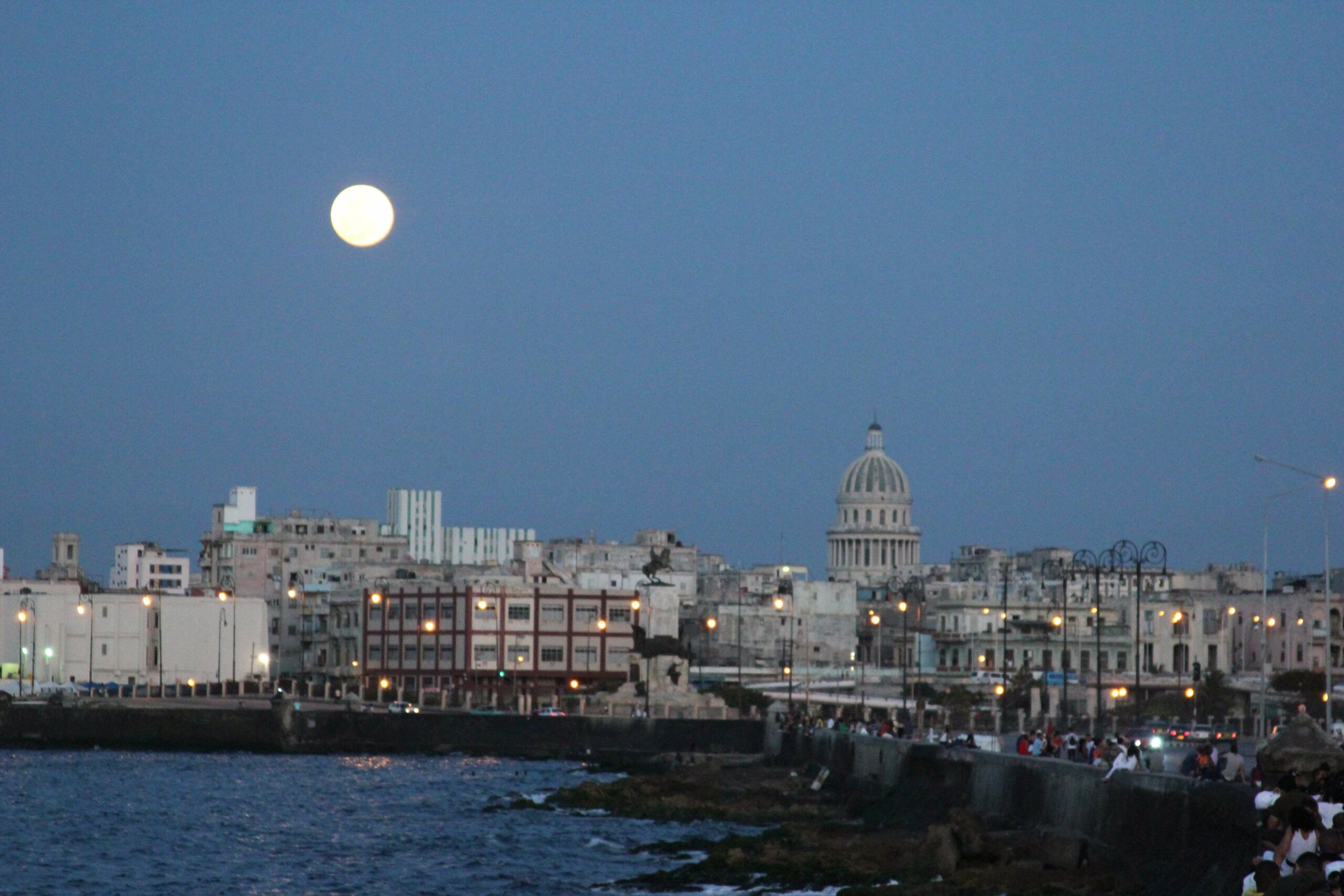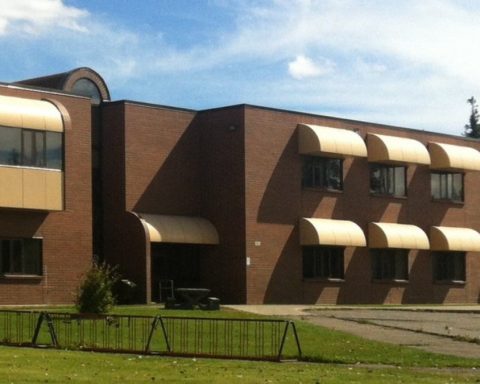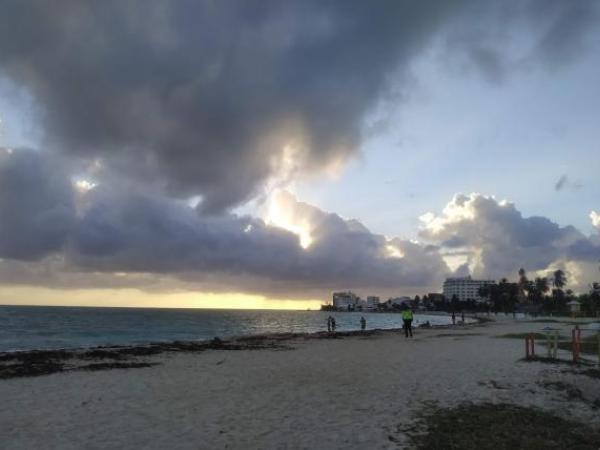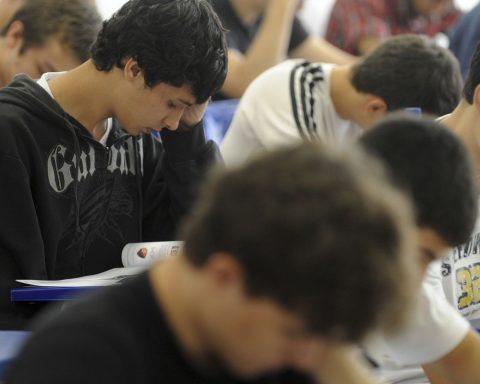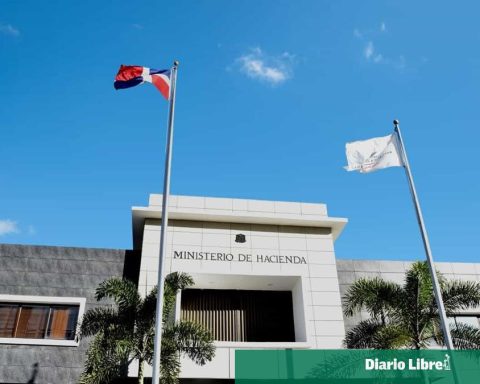Next Sunday, November 6, normal hours will be restored in Cuba, so that at 1:00 a.m. on that day the clocks must be set back one hour, according to official media on the island.
Due to the increase in the demand for electricity that characterizes this schedule, the National Office for the Control of the Rational Use of Energy (Onure) makes a call to turn on only the necessary lights and equipment, in accordance with a note published on the official Cubadebate website.
?#Cuba At one in the morning on Sunday, November 6, the clocks ?️ must be set back one hour to restore normal hours throughout the national territory and thus coincide with the countries of the northern hemisphere. pic.twitter.com/ETyxvk7t3i
— Ministry of Energy and Mines of Cuba (@EnergiaMinasCub) October 11, 2022
With the establishment of normal hours, the use of artificial light increases, fundamentally in the so-called nocturnal electric peak, between 05:00 pm and 9:00 pm
Cuba returns to the use of the so-called “winter time” in the midst of one of the deepest energy crises, caused by the constant breakages in the thermoelectric plants that make up the National Electric System (SEN) and the limited availability of fuels to be used in generation with alternative means that do not use national crude oil.
During the last few days, the country has experienced a deficit in electricity generation of around 1,500 megawatts (MW), which has been accentuated by the SEN exit due to failure of the Antonio Guiteras Thermoelectric Power Plant (CTE)the largest and most efficient unitary block in the country located in the western province of Matanzas.
The annoying blackouts have been one of the causes of the population’s discomfort, which is also facing the impact of the economic crisis that has deepened the pandemic, the sanctions imposed by the US government and the little success of government measures to get out of the complex. situation.
In its most recent part Electrical Union (Une) reported that this Tuesday the service was affected due to a deficit in generation capacity throughout the day, reaching 1,442 MW during peak hours, of which 114 MW were due to the damage caused by Hurricane Ian.
Time changes date back to the 70s of the last century, when some countries determined to move clocks forward one hour to make better use of natural light and reduce electricity consumption.
Fifty years later, a strong debate has arisen about the advisability of maintaining the so-called summer time and enjoying its benefits throughout the year.
